Essex marine biologists part of major expedition to Galápagos
-
Date
Tue 4 Apr 23
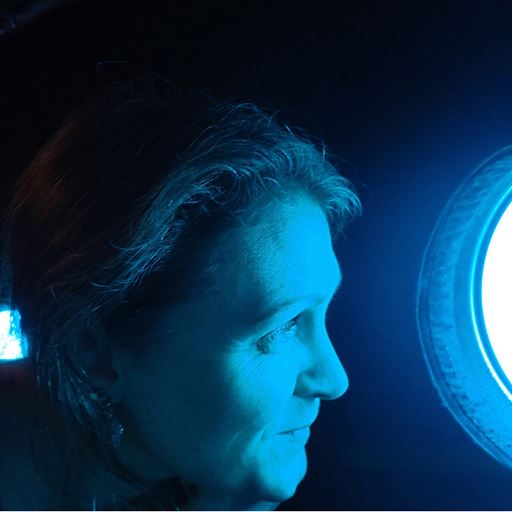
University of Essex staff and students are currently taking part in an historic deep-sea expedition in the Galápagos Marine Reserve.
The three marine biologists are part of an international research team currently aboard the research vessel Atlantis, where they will be using the US submersible Alvin to explore the deep-sea habitats of the Galápagos.
The expedition is led by the Woods Hole Oceanographic Institution, University of Essex, University of Bristol, and Boise State University, in collaboration with the Galápagos National Park Directorate, the Charles Darwin Foundation and the Ecuadorian Navy's Oceanographic and Antarctic Research Institute.
Funded by the Natural Environment Research Council and National Science Foundation, the main objectives of the expedition - which will see Alvin submerge across the Galápagos Marine Reserve for 22 consecutive days - include getting a better understanding of the deep-water diversity and geology in Galápagos, analysing fossil corals to help predict future climate-change trends and to find out more about deep water organisms such as cold-water corals.
Much has been written about the biology of Galápagos and it is globally renowned for its unique and exotic terrestrial wildlife. From saltwater iguanas to rare coral reefs and a plethora of often undescribed species that are new to science, the Galápagos are an extremely special and very rare treat for marine biologists to explore.
Although the history of delving into Galápagos deepwater biology started many decades ago, the Galápagos Deep 2023 expedition is one of the first opportunities to gather visual data complemented by collected specimens from numerous locations around the Galápagos Platform. It’s also the first time Alvin has dived inside the Galapagos Marine Reserve. Both video surveys and specimens will be used to investigate the biodiversity and species richness of the deep waters (500-2500m deep) to the north and west of the platform.
The expedition co-lead is Dr Michelle Taylor, a Senior Lecturer at the University of Essex’s School of Life Sciences and Director of its marine biology programme.
Dr Taylor, who is also President of the Deep-Sea Biology Society, specialises in deep-sea floor environments, in particular corals. She will be directing science operations alongside co-lead Dr Dan Fornari, from the Woods Hole Oceanographic Institute, and managing biological collections and cataloguing with the rest of the University of Essex team.
Dr Taylor, who will be undertaking several submersible dives, in the world-famous Alvin during the expedition, said: “We cannot wait to support efforts to characterise the opulent ecosystems found in Galápagos deep waters using the deep water submersible Alvin."
The Essex team also includes:
Dr Amy Sing Wong, who will be supporting science operations with data analysis and management, GIS (geographical information systems), and mapping. This is her first time on a sea-going expedition but her wealth of knowledge from shallow-water coral reef research will be enormously useful. “I am so excited to be a part of this expedition, exploring the Galapagos has been a dream and I never imagined seeing the wildlife of the deep.”
Dr Jessica Gordon who, as well as being the co-team lead of biological collections where she will be organising the collection and preservation of corals for future genomics and taxonomy projects, she will also be undertaking DNA extractions that will be used for whole genome sequencing. “Conducting research in the Galápagos is something I’ve wanted to do since I was just starting my science career. It’s an honour to be here among such renowned scientists, and I can’t wait to explore the deep-sea in my first Alvin submersible dive.”
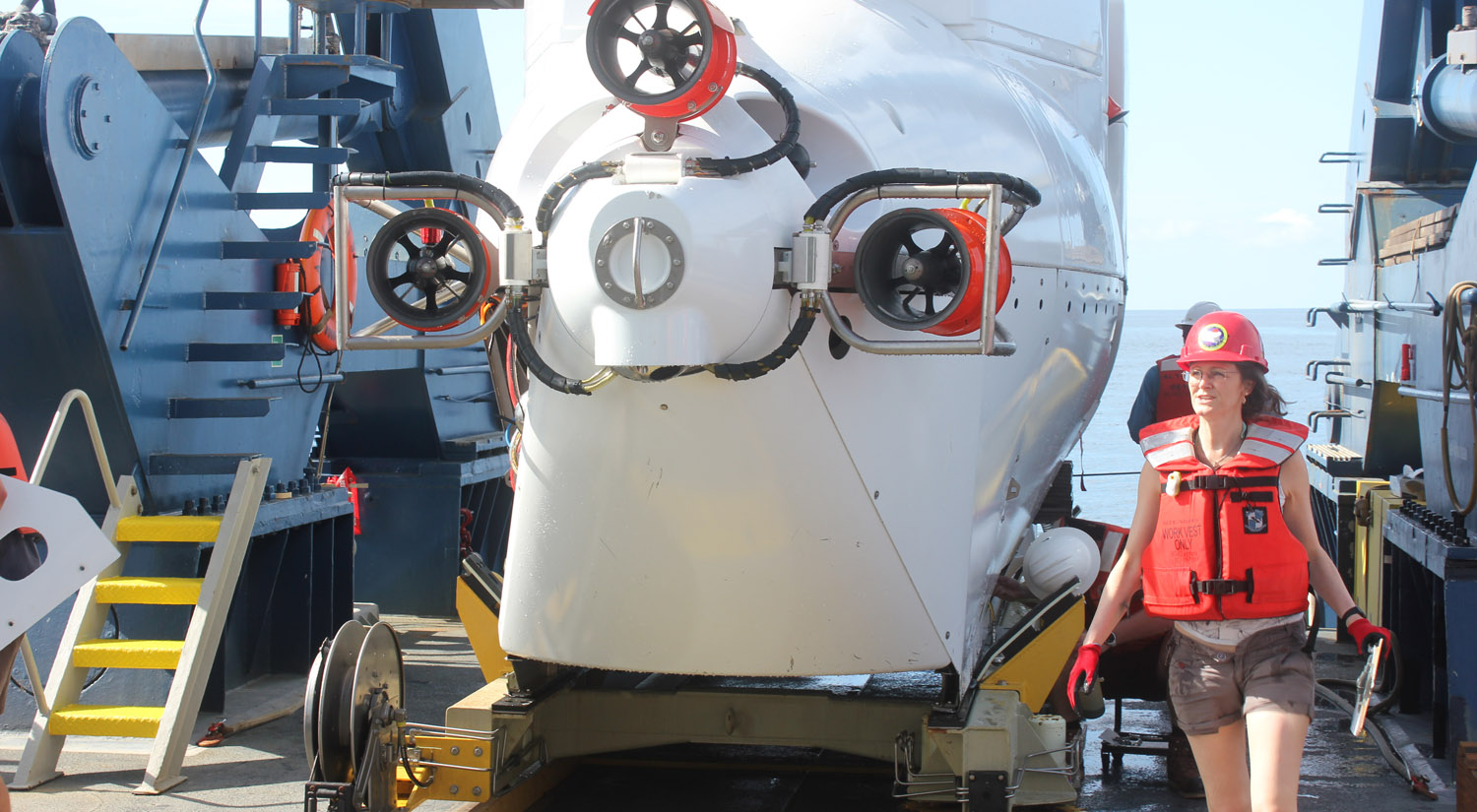
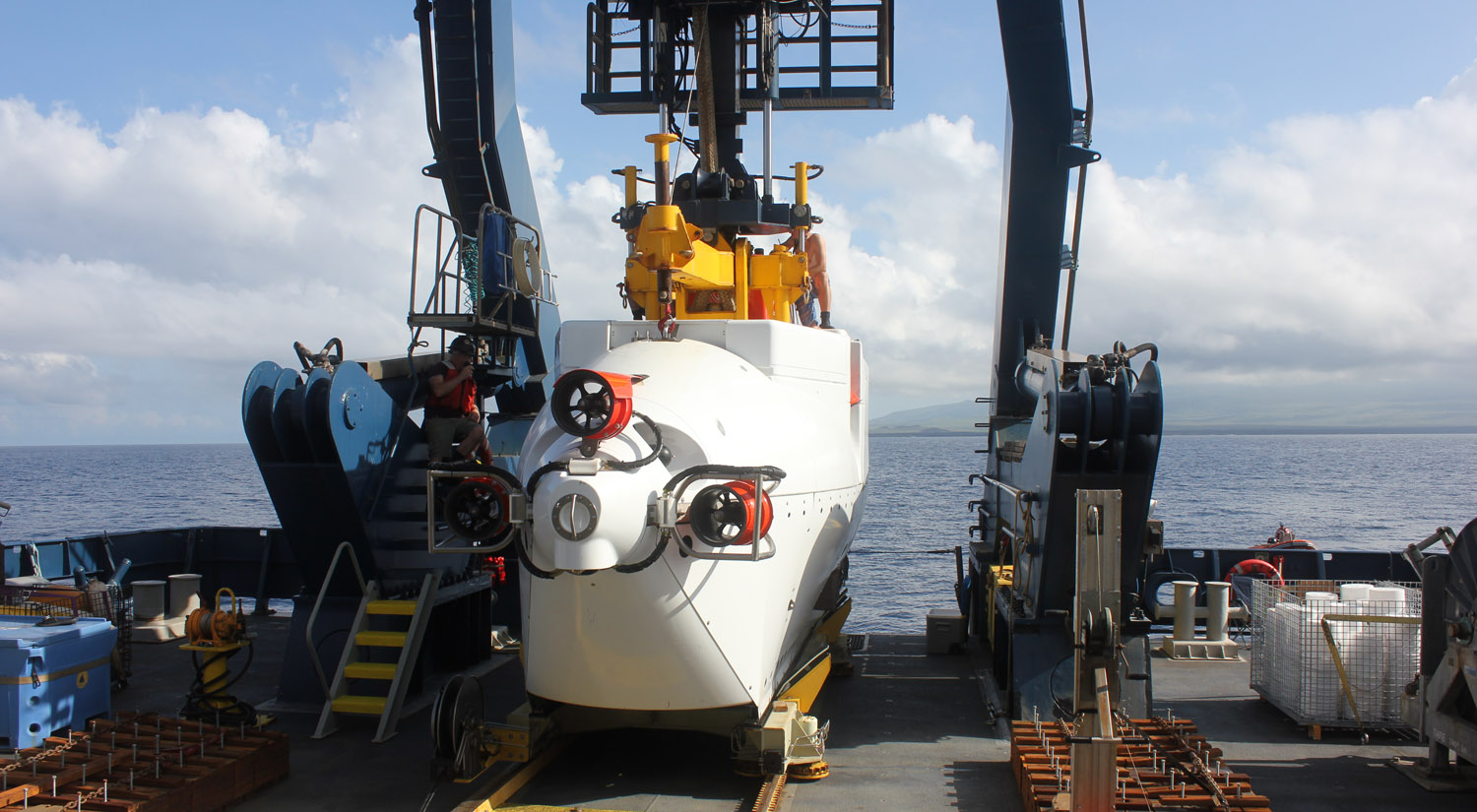
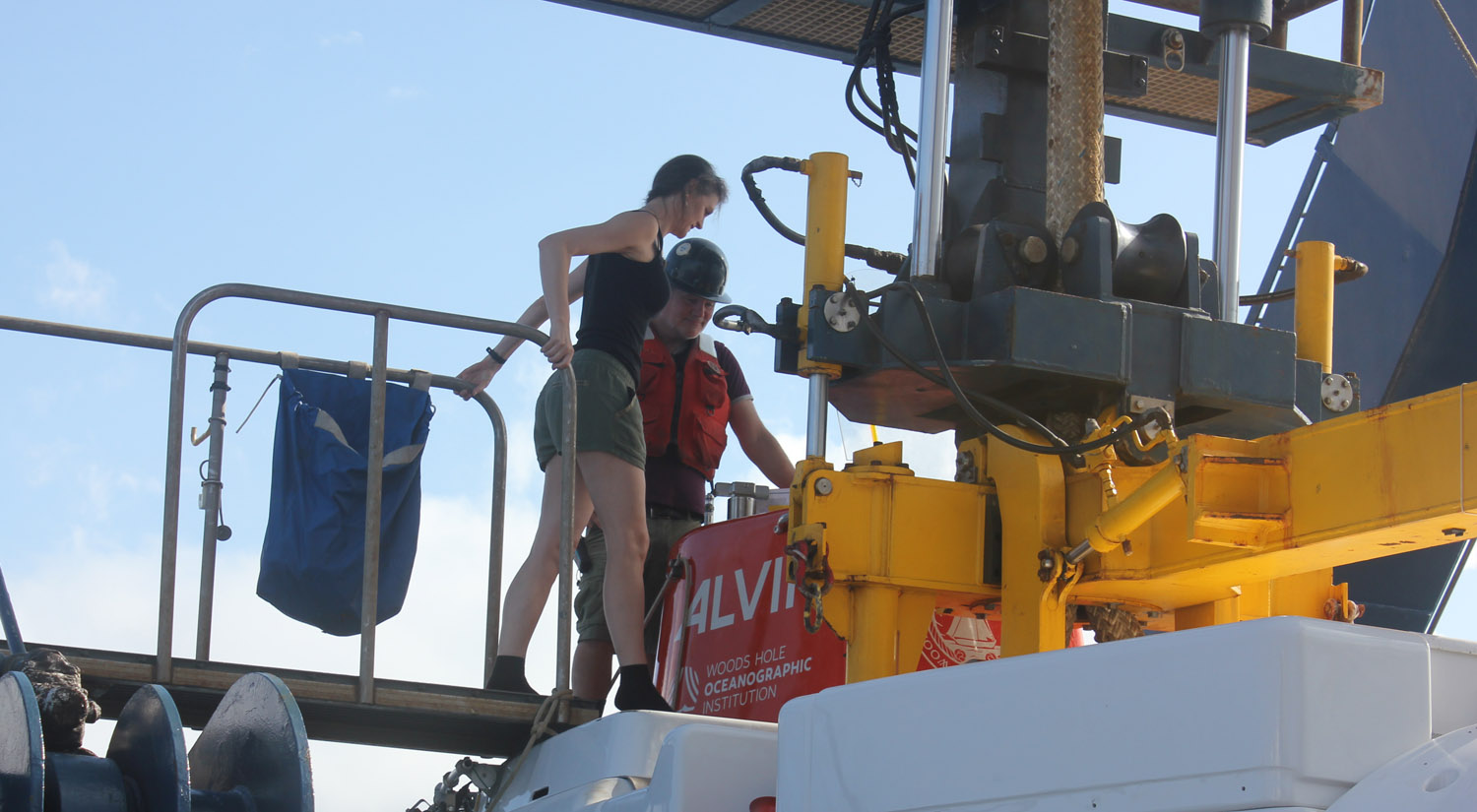
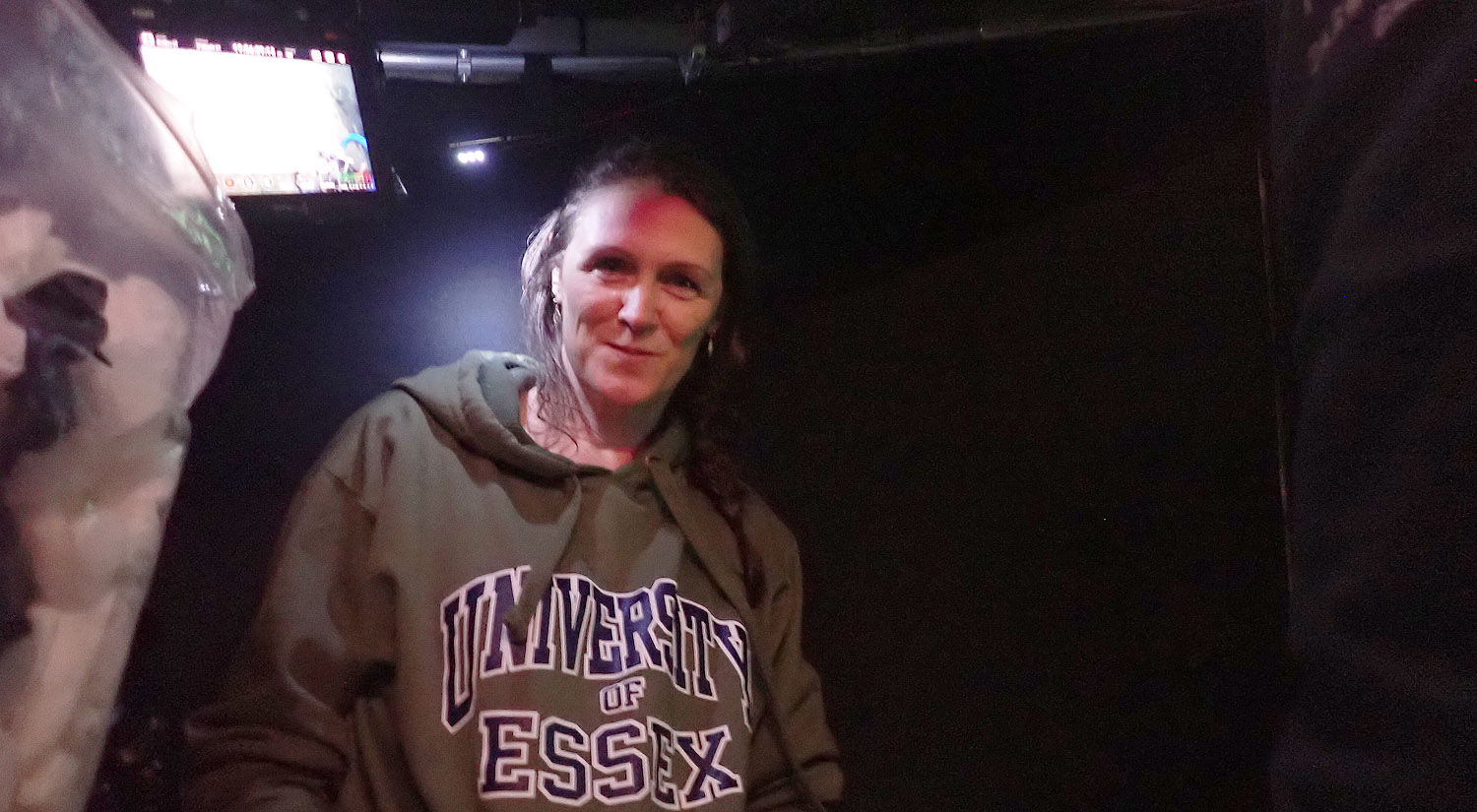
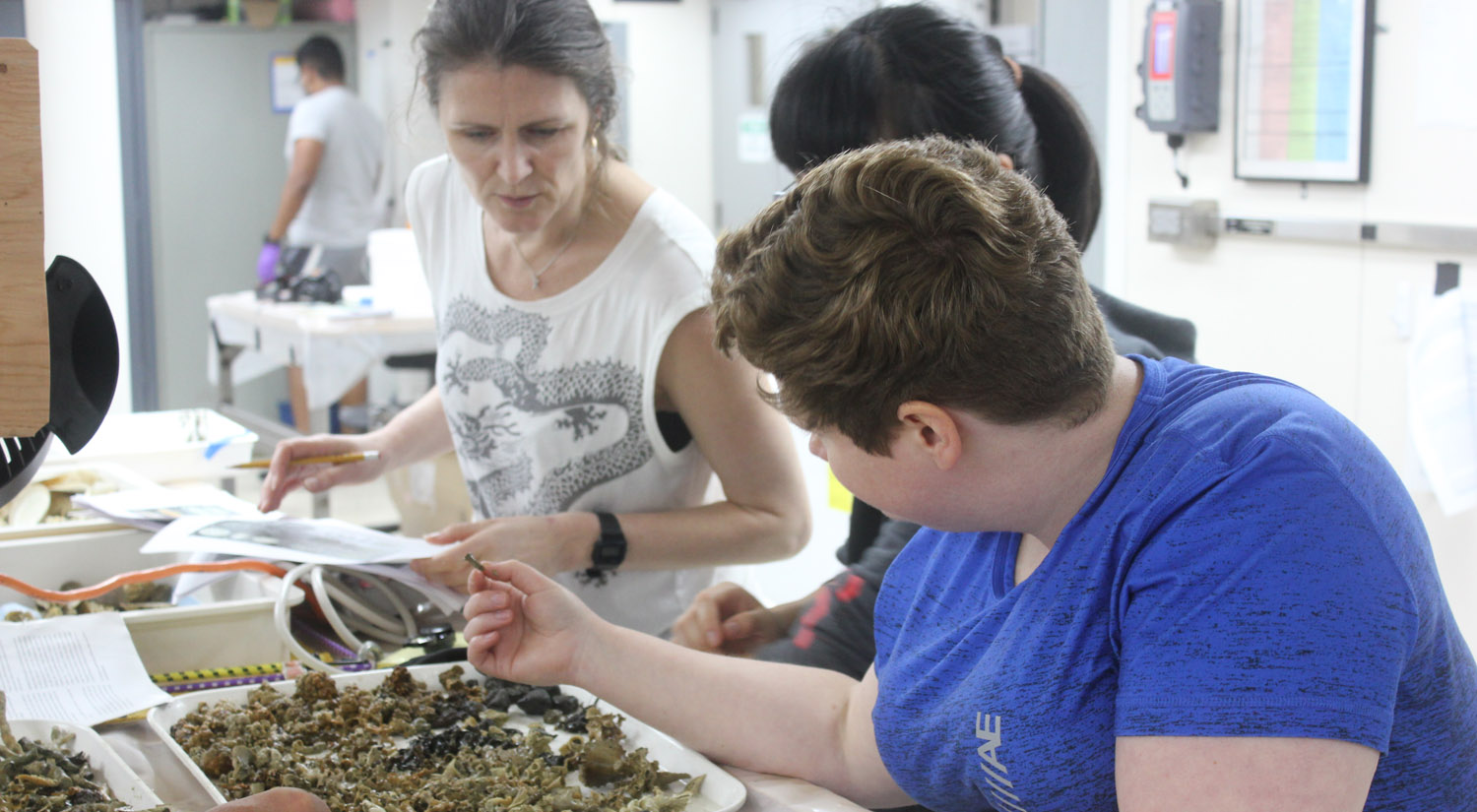
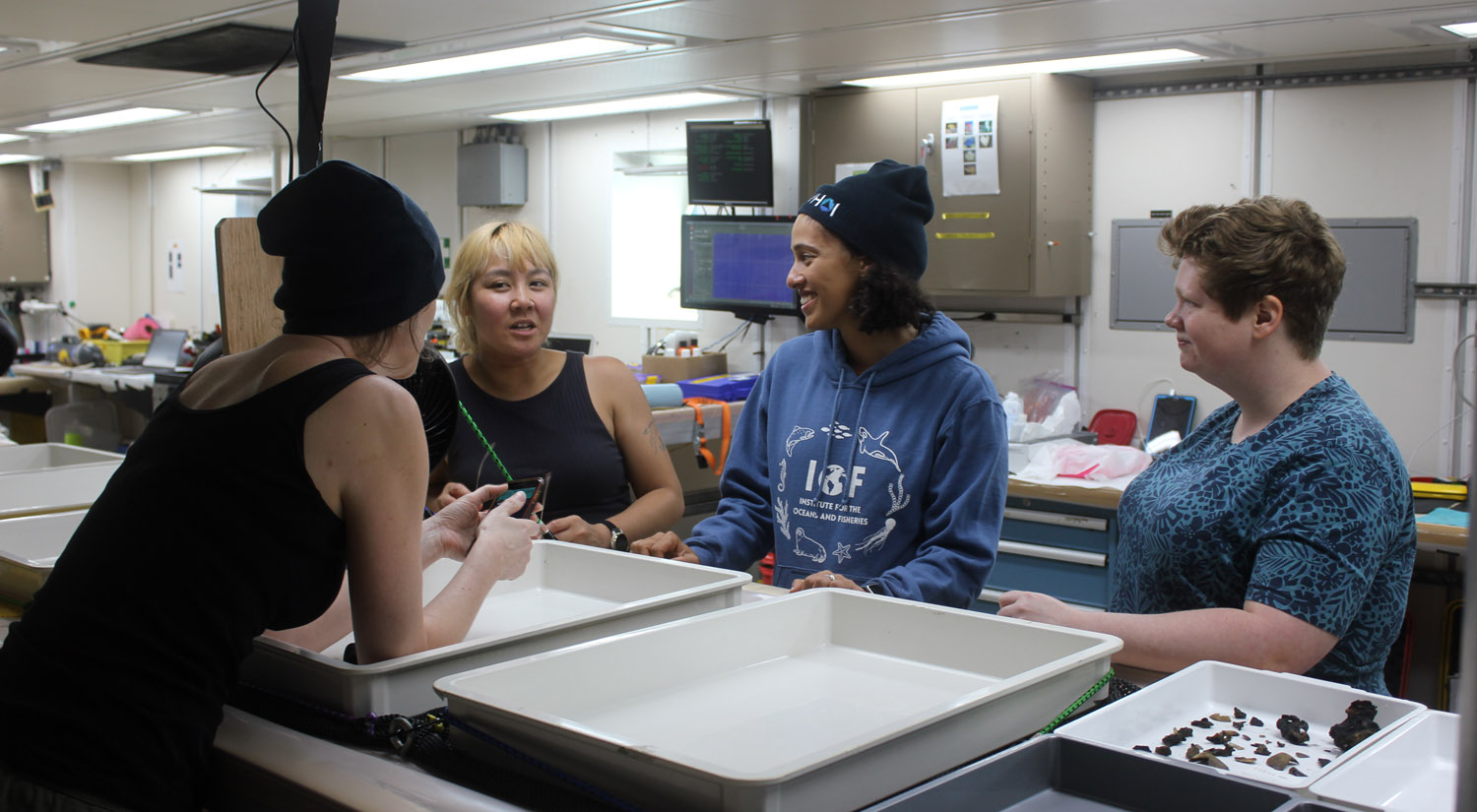
.jpg?mh=500&mw=500&hash=6568B6C9CCF5290A596BEF6678B6AD0E)



